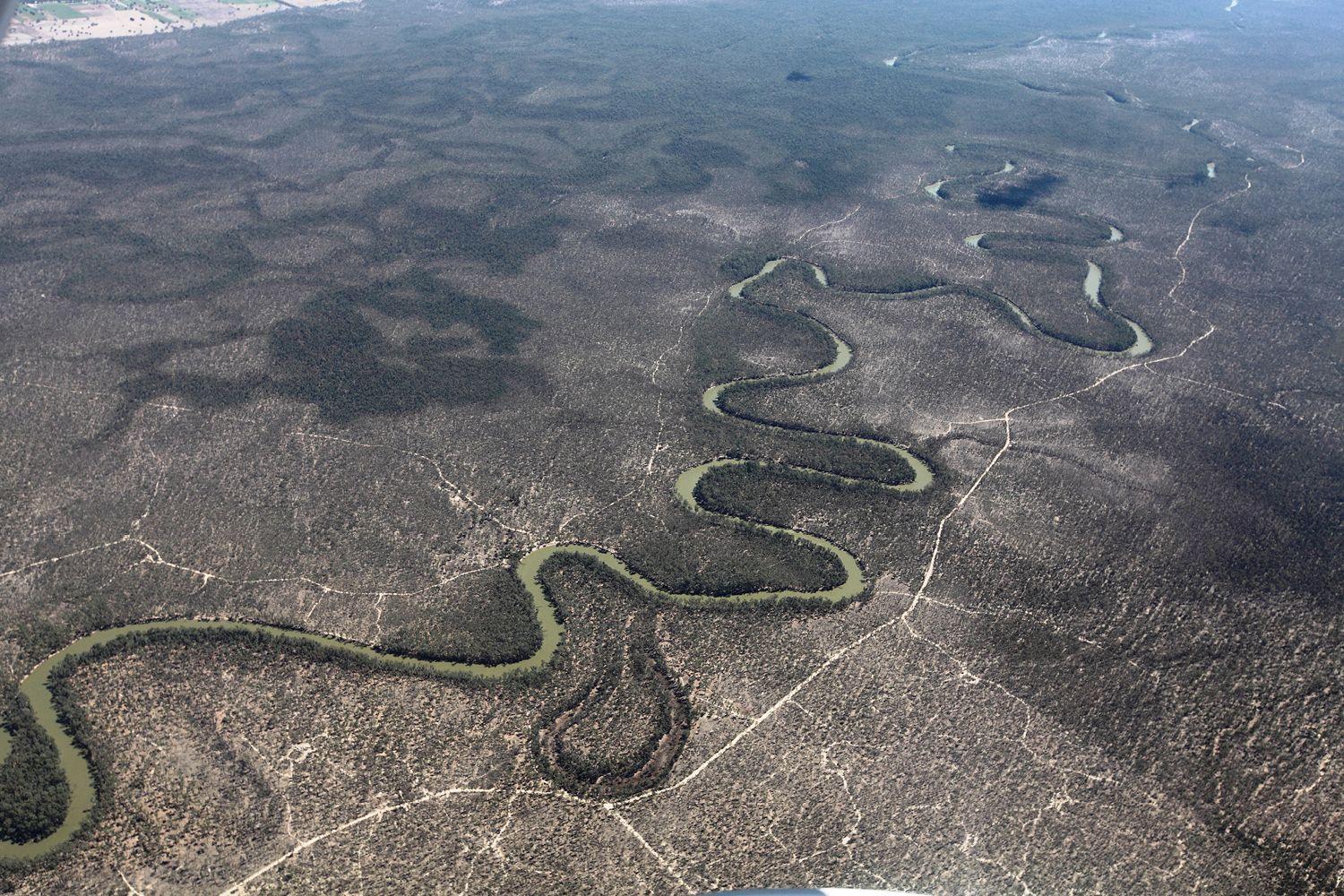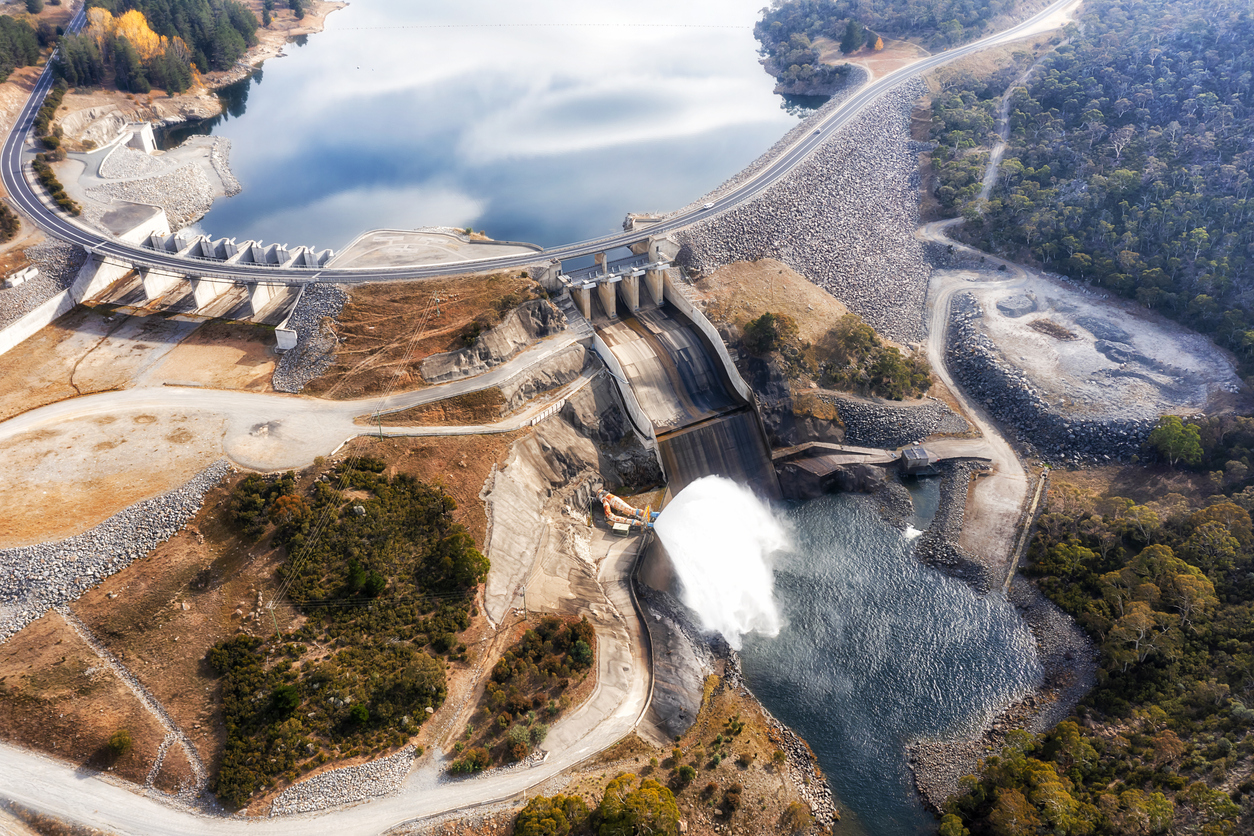Polarisation and stagnation
The water policy space is riven by deep division and polarisation, loaded with weaponised data and rife with duelling certitudes. Water policy processes are often characterised by rancorous debates that overlook the considerable hydrological, ecological, cultural, economic, historical, political and social complexities of catchment and water management in Australia.
Recent La Niña conditions have provided some reprieve from these debates, with mean storages across much of the country near capacity, and Murray–Darling flows into South Australia setting recent records. While this provides ‘breathing space’, a return to El Niño conditions looks increasingly likely. Furthermore, the evidence of very large reductions in water ‘yield’ in southern catchments is inescapable – by some estimates, 50% in the Murray–Darling Basin over the first two decades of this century, and even more in southwest WesternAustralia over a longer period. Under a changing climate, projections are for further reductions – alongside increased variability. This underscores the enormity, difficulty and urgency of further, more-robust, water policy reform.









